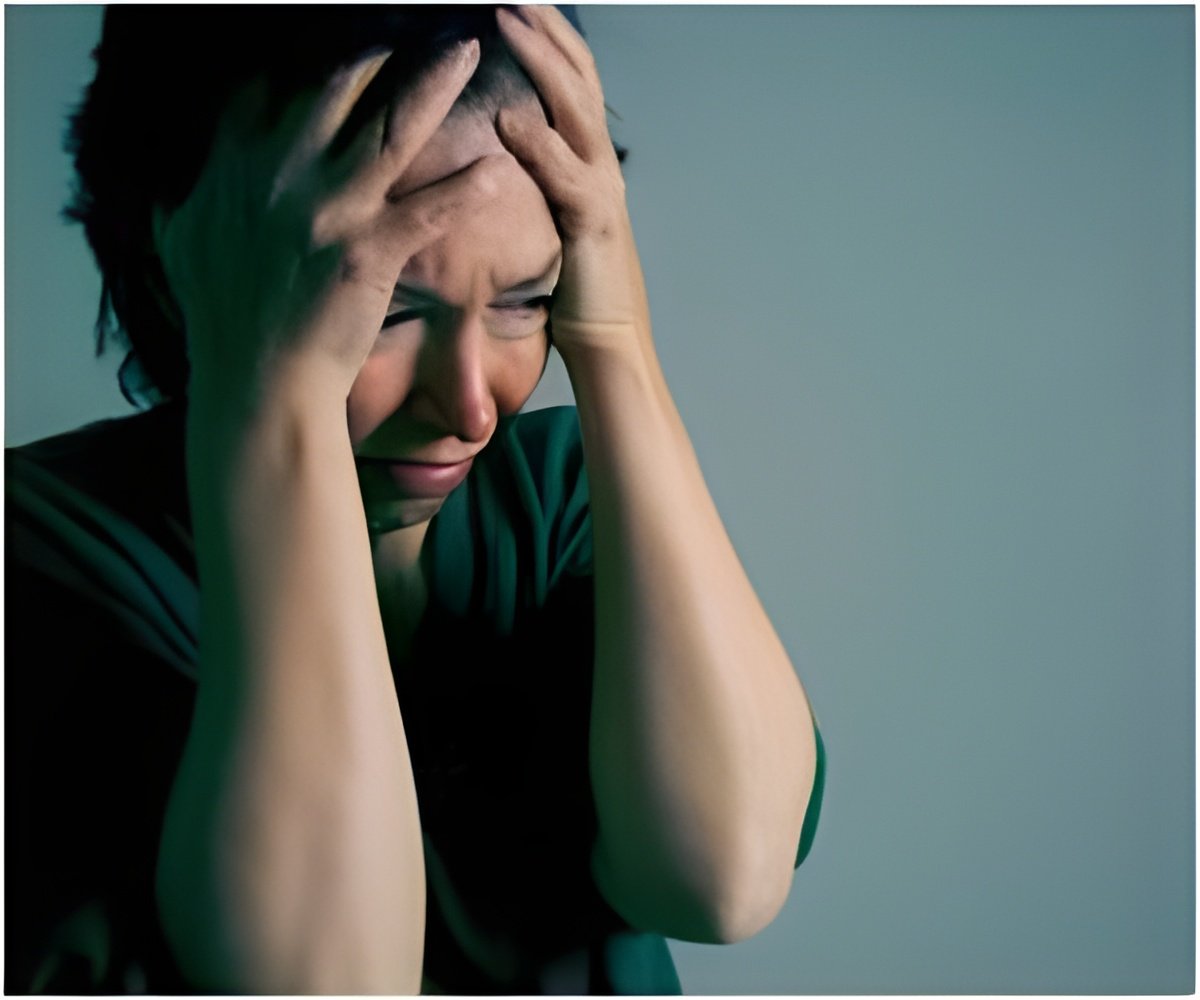Anxiety or panic disorder could be the most disabling psychiatric condition associated with adult Tourette syndrome (TS), according to a study.

The results of the study, based on the Global Assessment of Functioning (GAF) scale, will be used to identify patients who are more likely to have or develop significant disabilities related either to the severity of their tics, or to the psychiatric disorders associated with TS, such as obsessive-compulsive disorder, mood disorders and drug or alcohol abuse.
"Our study identified the most significant predictors of disability," said Dr. David G. Lichter, professor of clinical neurology in the University at Buffalo's School of Medicine and Biomedical Sciences, first author of the study.
He added: "Now having identified these at-risk patients, we can follow them more closely and begin appropriate interventions as early as possible."
Lichter also noted that the finding of anxiety/panic disorder as the most-disabling psychiatric disorder associated with TS was unexpected.
"The main surprise was that depression was not a major predictor of psychosocial or occupational disability in these patients. Depression has been identified as an important predictor of quality of life in TS," said Lichter.
Advertisement
In most patients, tics wane after mid-to-late adolescence.
Advertisement
"In many TS adults, motor tics remain more enduring and prominent than vocal tics and, in our study, motor tics were more severe overall than vocal tics and were more closely correlated with GAF scale score," he added.
The study involved 66 patients -- 45 male and 21 female -- who had been followed for an average of 8.2 years at a UB-based TS clinic.
They ranged in age from 20 to 80.
Results showed that nearly 32 percent were diagnosed with obsessive-compulsive disorder (OCD), while 62 percent showed OCD behaviour.
Nearly 29 percent had anxiety/panic disorder with another 21 percent exhibiting anxiety symptoms.
Prevalence of other TS-associated conditions were depression (16.7 percent), depressed mood (12.1 percent), bipolar disorder (12.1 percent), rage attacks and severe self-injury behavior (4.5 percent), childhood ADHD history (33.3 percent), adult ADD (18.2 percent), substance-use disorder (22.7 percent) and psychosis and restless legs syndrome (1.5 percent).
The results of the study were presented at the 14th International Congress on Parkinson's Disease and Movement Disorders, being held in Buenos Aires, Argentina.
Source-ANI











